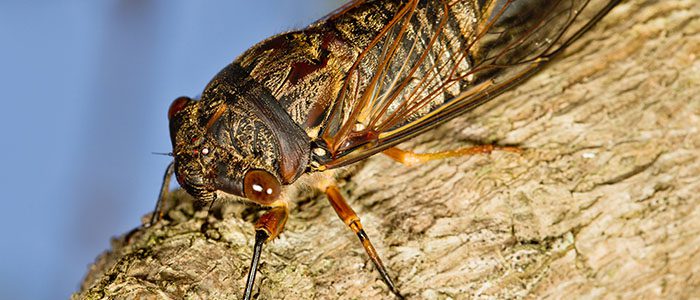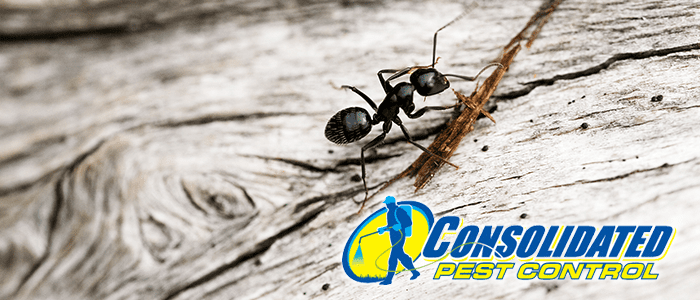Did you know that there are pearls in this world that no human loves or wants? It’s true. They’re called Ground Pearl, and if your Tampa lawn becomes overrun with them this summer, you’ll quickly learn why they are among the most despised turf pests on the planet. Here’s a quick look at what you and your Tampa neighbors need to know about them:
Ground pearls, as you might have assumed, bear a slight resemblance to cultured pearls and are classified as scale insects. They are round, vary in color and tend to be about as big as a piece of uncooked orzo or pearl pasta. Their colors range from pure white, antique white and pink to purple. And their favorite food source happens to be the roots of Florida’s most popular turf grasses (e.g. St. Augustine). That’s why they tend to spend much of their life cycle below the ground, where they may be notoriously hard to spot.
Thankfully, the adult members of the species do typically make limited, above ground appearances in Tampa. Those appearances generally take place sometime between May and the end of July as they start their egg-laying cycle. Once the eggs are laid in shallow earth, the mature insects return deep below the soil and continue to feed until their deaths.
The eggs frequently hatch within a week to two weeks. So it is not uncommon to see the eggs sitting a few inches below the soil well into late summer. When they do hatch, the offspring begin working their way underground where they start to feed as well. As such, the end result of the scale insect’s life cycle is a Tampa lawn that is riddled with dead spots.
Because the pests primarily live deep in the soil and can be hard to spot, they are easily spread from one area to the other during routine garden excavation. In addition, they can be notoriously hard to kill. So many Tampa residents try to limit the insect’s numbers through the use of proper irrigation, fertilization, broad-spectrum insecticides, aggressive mowing and limited or careful excavation. To learn more about these lawn destroying insects and others that may appear during the summer months, please contact us today.








